I HAVE fond memories of our Christmases in the rural Mani, southern Peloponnese. Mainly because they weren’t like any others I have ever had, anywhere. And the rules were slightly, and sometimes amusingly, different.
Christmas in Greece has traditionally been more of a religious observance, with big family gatherings and a special meal after church to mark the occasion. In rural areas it’s more devout and Greeks here often fast in the lead-up to Christmas Day. After years of Christmas pizzazz in Britain and the usual shopping frenzy, this low-key celebration seemed refreshing.
A decorated boat was once the main symbol of Christmas festivities in Greece and every house would also sport a small wooden craft lit with candles. This ties in with the Orthodox feast day of Ayios Nikolaos (St Nicholas), the patron saint of sailors, early in December. Kalamata (the capital of this region), as in other Greek cities, has given way now to more European decorations with trees and lights, but it’s rather nice that the emphasis is still on family and the community, especially in these difficult times.
There is a fabulous Christmas fair in Kalamata with small festive houses trying to outdo each other for cuteness, set up along the main square on Aristomenous Street, where hand-made gifts are sold for charity.
We spent our first Mani Christmas in the remote hillside village of Megali Mantineia where the church bells rang out at seven in the morning and the melodious chanting of the priest and kantors floated down the hill towards our stone house. After church there was a knock at the door. One of the village farmers had brought us a huge can of fresh olive oil from the recent harvest and a plate of festive kourabiedes biscuits, and other villagers gave us small gifts of food which was generous indeed since the crisis had begun to bite in hard.
The giving of gifts is a low-key affair and usually takes place on New Year’s Day, which is the feast day of Ayios Vassilis (St Basil), the Greek version of Santa Claus.
I had planned to give small presents to a couple of the farming women I liked, including our eccentric and wonderful friend Foteini. I had brought an expensive woollen scarf with me from Scotland (Royal Stewart) – and don’t ask why. Did I think I’d be homesick? But I had heard the winters were perishing, which they were. Yet, I had never worn it and decided to wrap it up and give it to Foteini because she seemed to have thing about tartan, as I wrote in my book Things Can Only Get Feta.
Foteini often wore big mannish plaid shirts for working round her ktima (farming compound), so I thought she’d love this cosy Scottish gift. How wrong I was! I went up to her house later on Christmas morning, where she was outside feeding her donkey, her black church clothes replaced by the usual thick layers, and stout wellies. When I gave her the small offering she pulled off the paper and beamed at the bright woollen scarf and then squeezed it all over in her big meaty hands as if giving it a bit of rural quality control.
“It’s not for wearing to church of course,” I said, trying to show her that I knew the limitations of tartan in Greek culture. “It will keep you warm in the ktima on a winter’s day.”
She gave me a bemused look and then bear-hugged me, wishing me Happy Christmas and ran off to show her neighbours this unexpected gift from her new foreign friends.
Yet I never saw Foteini wearing the scarf, not once, even in her ramshackle ktima, even though the plaid work shirts of indeterminate Scottish clan design continued to make a regular appearance. One day, months later, curiosity got the better of me and I asked her if she liked the tartan scarf. Had she worn it? She squirmed a bit.
“It’s the colour. Bad things happen to me when I wear anything with red in it.”
I was amused by the response. This was either a bit of folk nonsense or she hated the gift and was too polite to say anything. But Foteini often gave away things that other people offered her, for reasons I could never fathom, whether it was scrumptious cakes or chocolates or other offerings. I expected to see one of the other farmers about the village sporting the Royal Stewart one day, but I never did. Yet it was refreshing that in this corner of rural Greece it seemed the gesture of giving created the most response. The gift was incidental.
We wish you a wonderful Christmas and a prosperous New Year wherever you are. xx
A book about living in Greece
For more details about my book, Things Can Only Get Feta based on three years living in the Mani, southern Greece during the crisis, visit my website www.bigfatgreekodyssey.com or visit Facebook www.facebook.com/ThingsCanOnlyGetFeta
Visit Amazon to buy the book (Kindle version – new edition), or any of my other books.
If you have already read my books set in Greece, and liked them, please think about leaving a small review on Amazon. It will be very much appreciated.
I always love to hear from blog readers. To leave a comment, please click on the ‘comment’ link at the end of this post, right under the ‘tags’ list.
Thanks for calling by.
© Text and photographs copyright of the authors 2010 to 2018. No content/text or photographs may be copied from the blog without the prior written permission of the authors. This applies to all posts on the blog.
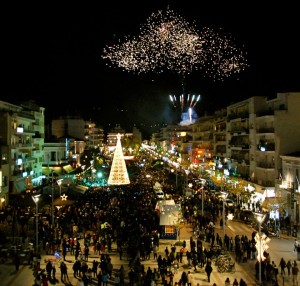
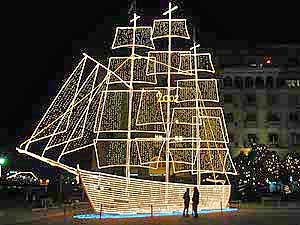
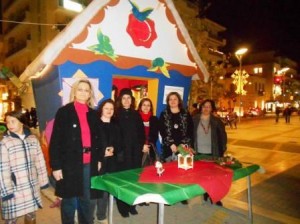
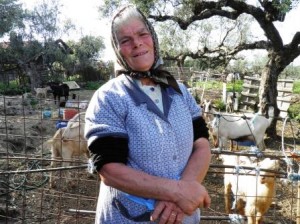

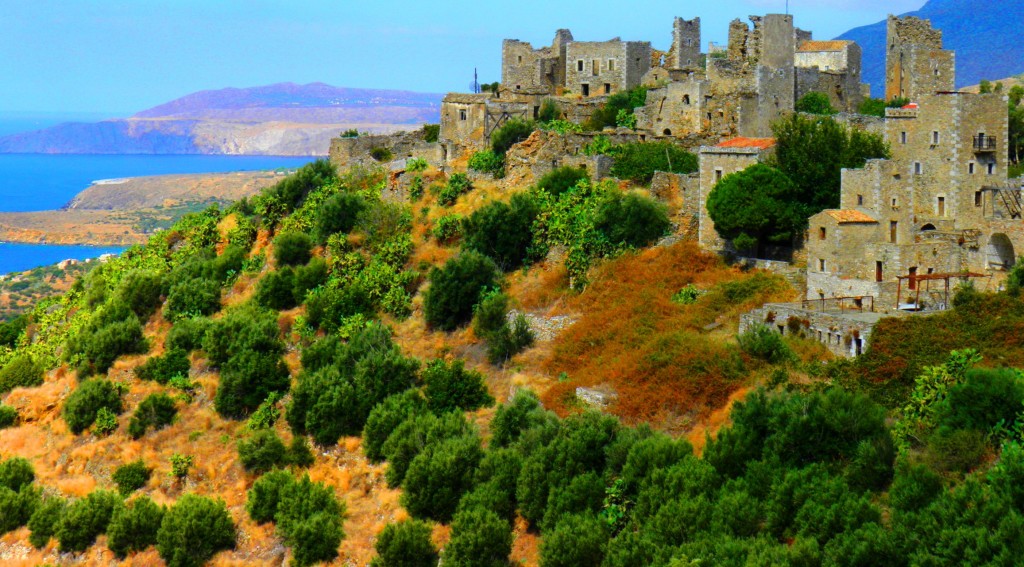
Loved Things Can Only Get Feta and hope there is another on the way…it was a refreshing change to read about people renting, rather than the usual “and then we had to dig up the cess pit in the yard”etc
Thanks very much Sylvie for taking the time to comment and so glad you enjoyed the book. And yes, I have started writing another. If you bought Things Can Only Get Feta on Amazon, I wonder if you’d mind putting a small review on there some time. It would be much appreciated.
Kindest regards,
Marjory
Read your 4 books and loved them! Are you living back in the UK now? Hope you’re well and happily writing another!
Joanne Meris